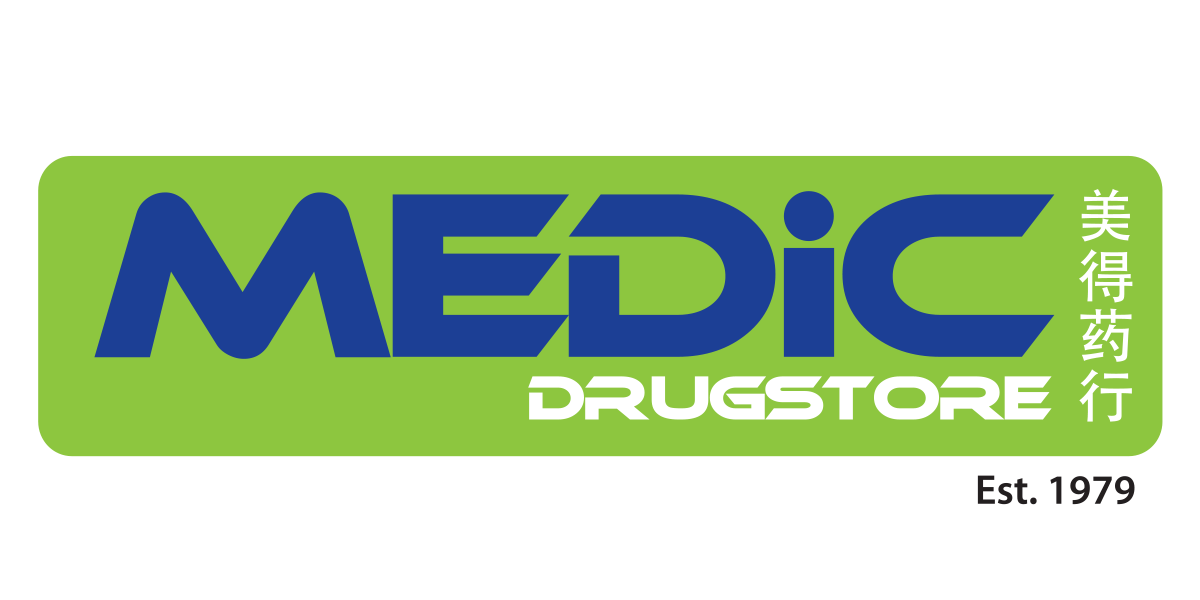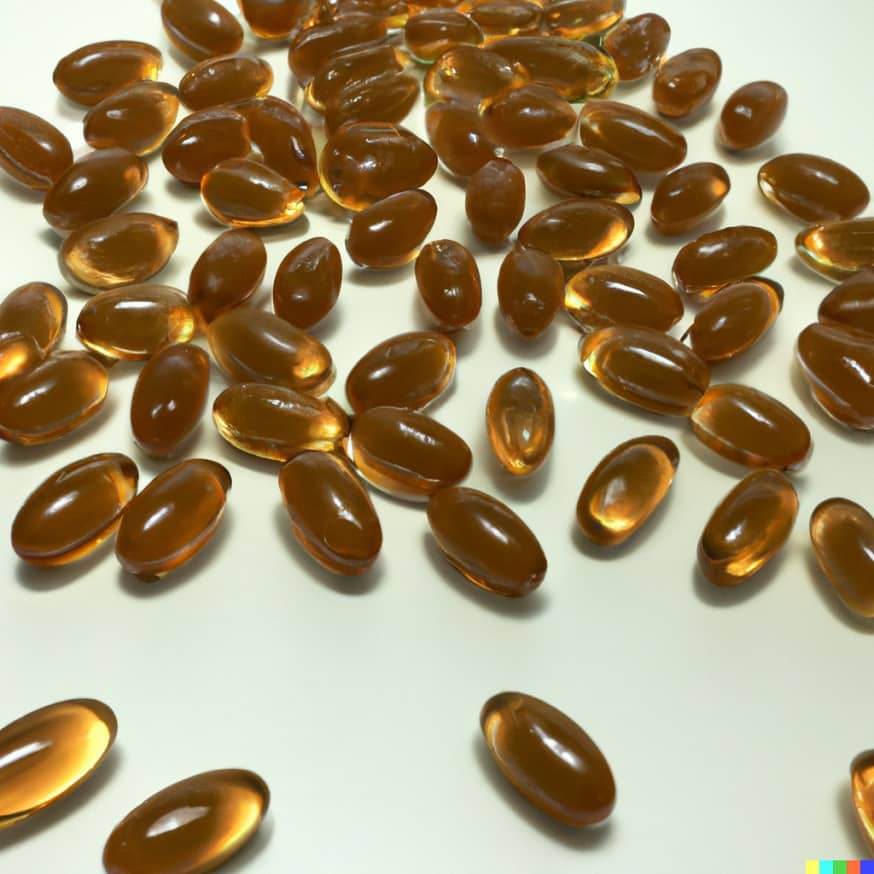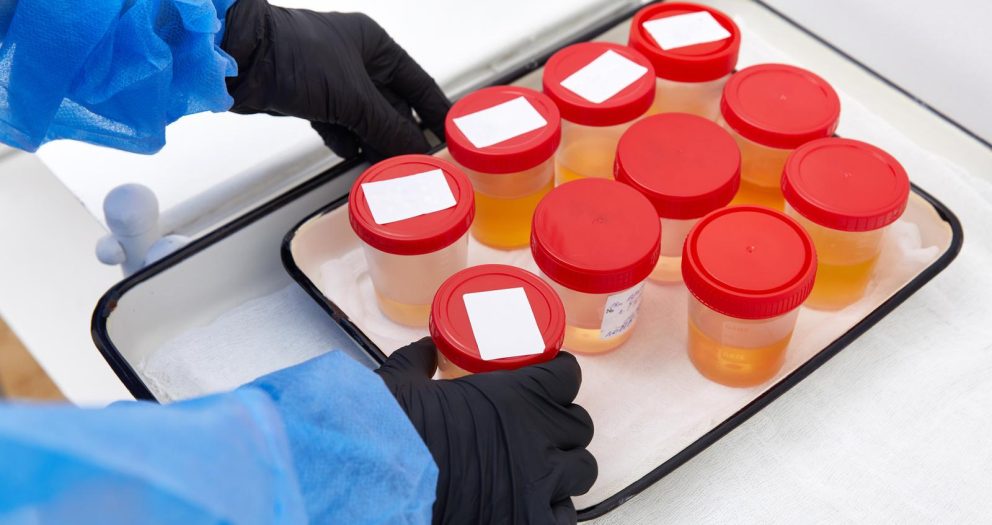Vitamin D, also known as the “sunshine vitamin,” plays a crucial role in maintaining optimal health. Our bodies produce Vitamin D when our skin is exposed to sunlight. However, many individuals do not receive adequate amounts of Vitamin D through sunlight and diet, leading to the need for a supplement.
With numerous forms of Vitamin D supplements readily available, choosing the most effective one can be challenging. This article intends to examine the various forms of Vitamin D supplements, their advantages, and the scientific evidence behind which form may be the most suitable for supplementation.
As we delve into the topic, let’s consider a scenario: feeling fatigued and lacking energy regularly, hindering your ability to carry out daily activities efficiently. Could the solution to this problem be as simple as changing the form of your Vitamin D supplement? To discover the answer, read on.
What is the most effective form of vitamin D supplement?
There are several forms of Vitamin D supplements available, including Vitamin D2 (Ergocalciferol) and Vitamin D3 (Cholecalciferol). Both forms can be found in dietary supplements and are used to treat Vitamin D deficiency. However, the most effective form of Vitamin D supplement is Vitamin D3.
Vitamin D3 is the natural form of Vitamin D that our bodies produce when exposed to sunlight. It is also the form of Vitamin D that is most commonly found in animal-sourced foods such as fatty fish and egg yolks. Vitamin D3 is better absorbed and utilized by the body compared to Vitamin D2, which is often derived from plants.[Source]
Studies have shown that Vitamin D3 supplementation is more effective at increasing blood levels of Vitamin D compared to Vitamin D2. Additionally, Vitamin D3 has a longer shelf-life and is more stable than Vitamin D2, making it a better choice for those looking for a long-term supplement.
In conclusion, when it comes to choosing a Vitamin D supplement, Vitamin D3 is the most effective form. It is better absorbed and utilized by the body, and has a longer shelf-life compared to Vitamin D2. However, it is important to consult with a healthcare provider before starting any new supplement, as the optimal dose of Vitamin D can vary based on individual needs and health status.
What is the difference between D vitamin D and vitamin D3?
Vitamin D refers to a group of fat-soluble vitamins that play a crucial role in bone health and overall health. As mentioned above, two forms of Vitamin D are commonly found in dietary supplements, Vitamin D2 (Ergocalciferol) and Vitamin D3 (Cholecalciferol).
According to a review published in the American Journal of Clinical Nutrition, Vitamin D3 is the preferred form of Vitamin D supplement due to its better absorption and utilization by the body compared to Vitamin D2. The review cites a study that found Vitamin D3 supplementation was more effective at increasing blood levels of Vitamin D compared to Vitamin D2 (Bjelakovic et al., 2014). Additionally, Vitamin D3 has a longer shelf-life and is more stable than Vitamin D2, making it a better choice for those seeking long-term supplementation (Holick, 2007).
Vitamin D3 is produced naturally in the skin when exposed to sunlight and is also found in animal-sourced foods like fatty fish and egg yolks. On the other hand, Vitamin D2 is derived from plant sources. The structural difference between the two forms of Vitamin D may contribute to the difference in their effectiveness (Bjelakovic et al., 2014).
It is important to note that the optimal dose of Vitamin D can vary based on individual needs and health status. It is recommended to consult with a healthcare provider before starting any new supplement.
In conclusion, according to the American Journal of Clinical Nutrition, Vitamin D3 is the preferred form of Vitamin D supplement due to its better absorption and utilization by the body compared to Vitamin D2. Additionally, Vitamin D3 has a longer shelf-life and is more stable, making it a better choice for those seeking long-term supplementation.
References:
Bjelakovic, G., Nikolova, D., Gluud, L. L., Simonetti, R. G., & Gluud, C. (2014). Vitamin D supplementation for prevention of mortality in adults. Cochrane Database of Systematic Reviews, (7).
Holick, M. F. (2007). Vitamin D deficiency. New England Journal of Medicine, 357(3), 266-281






